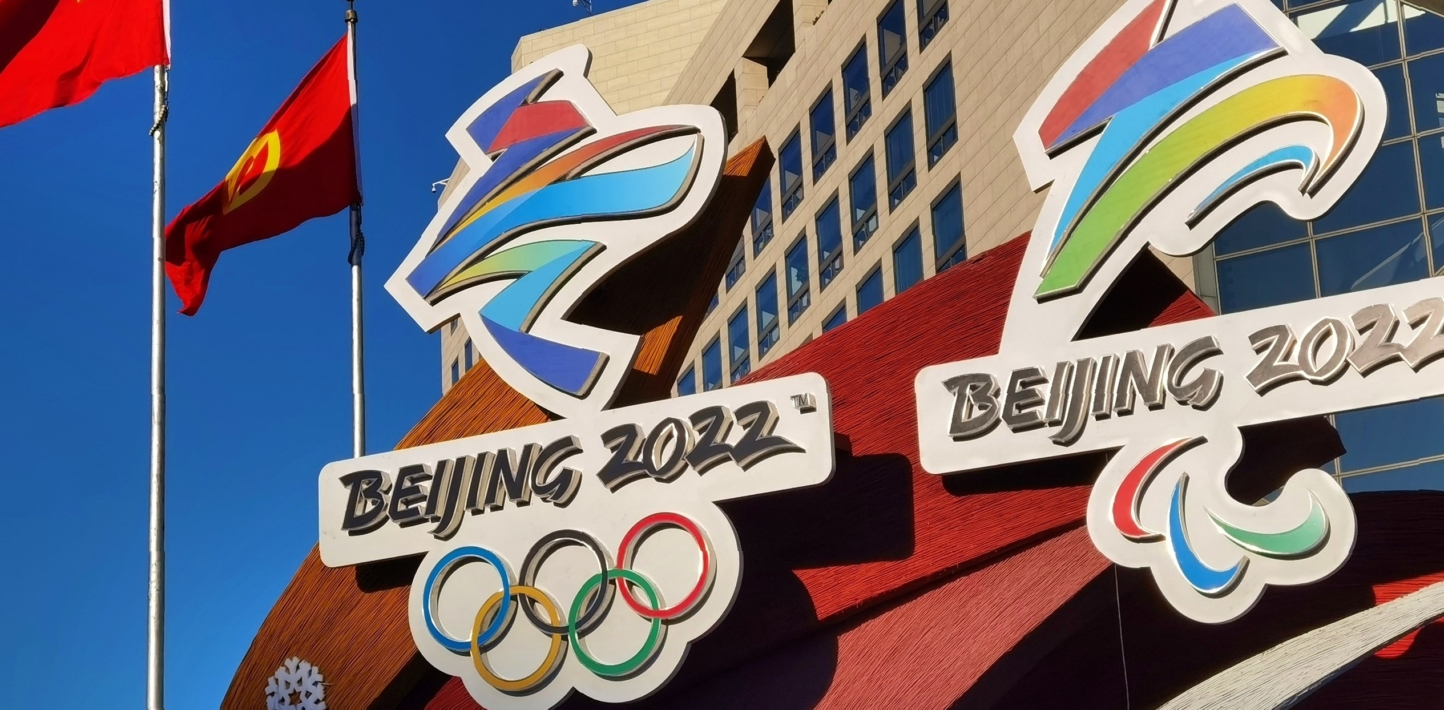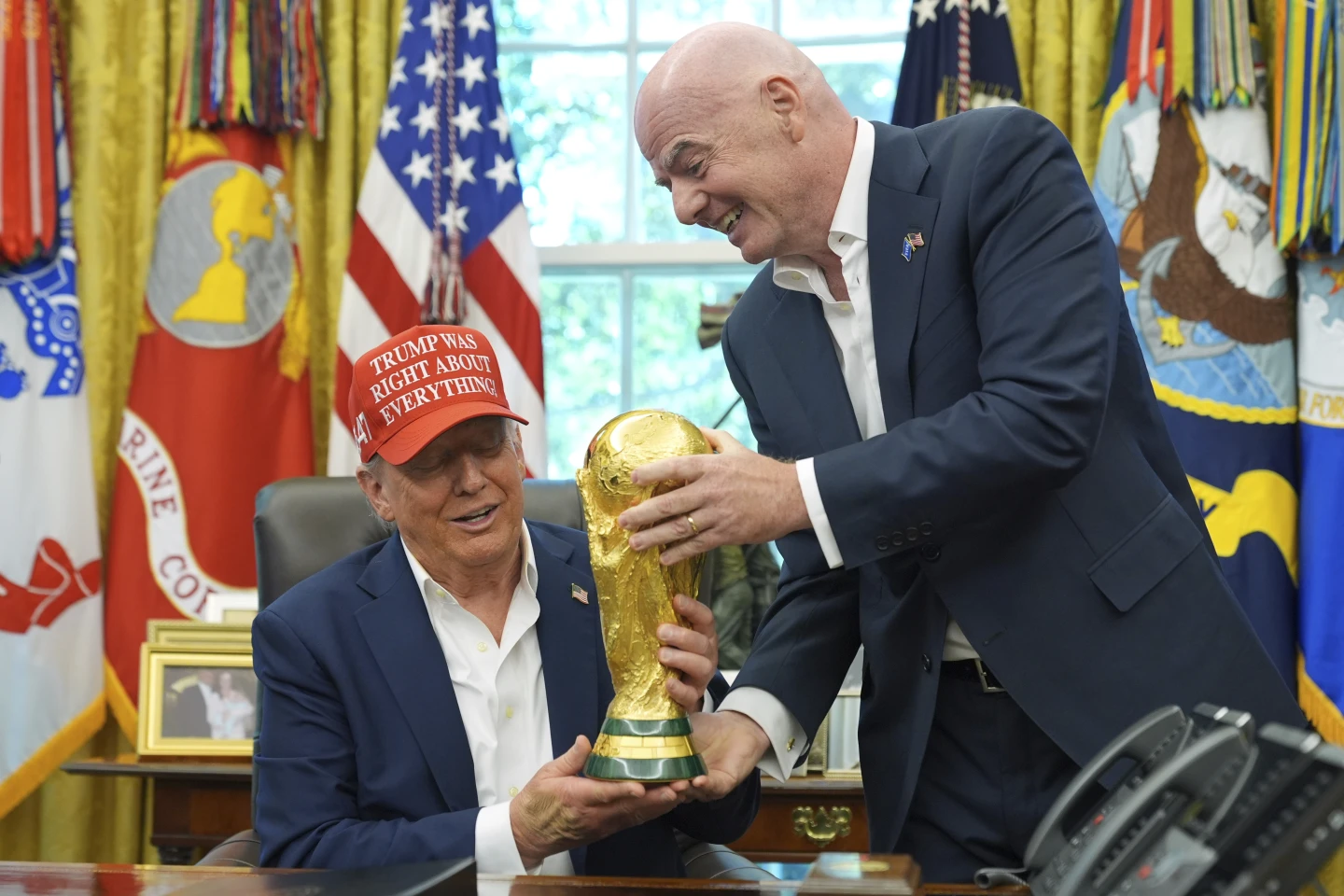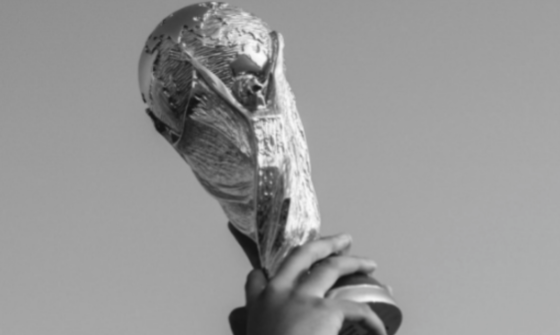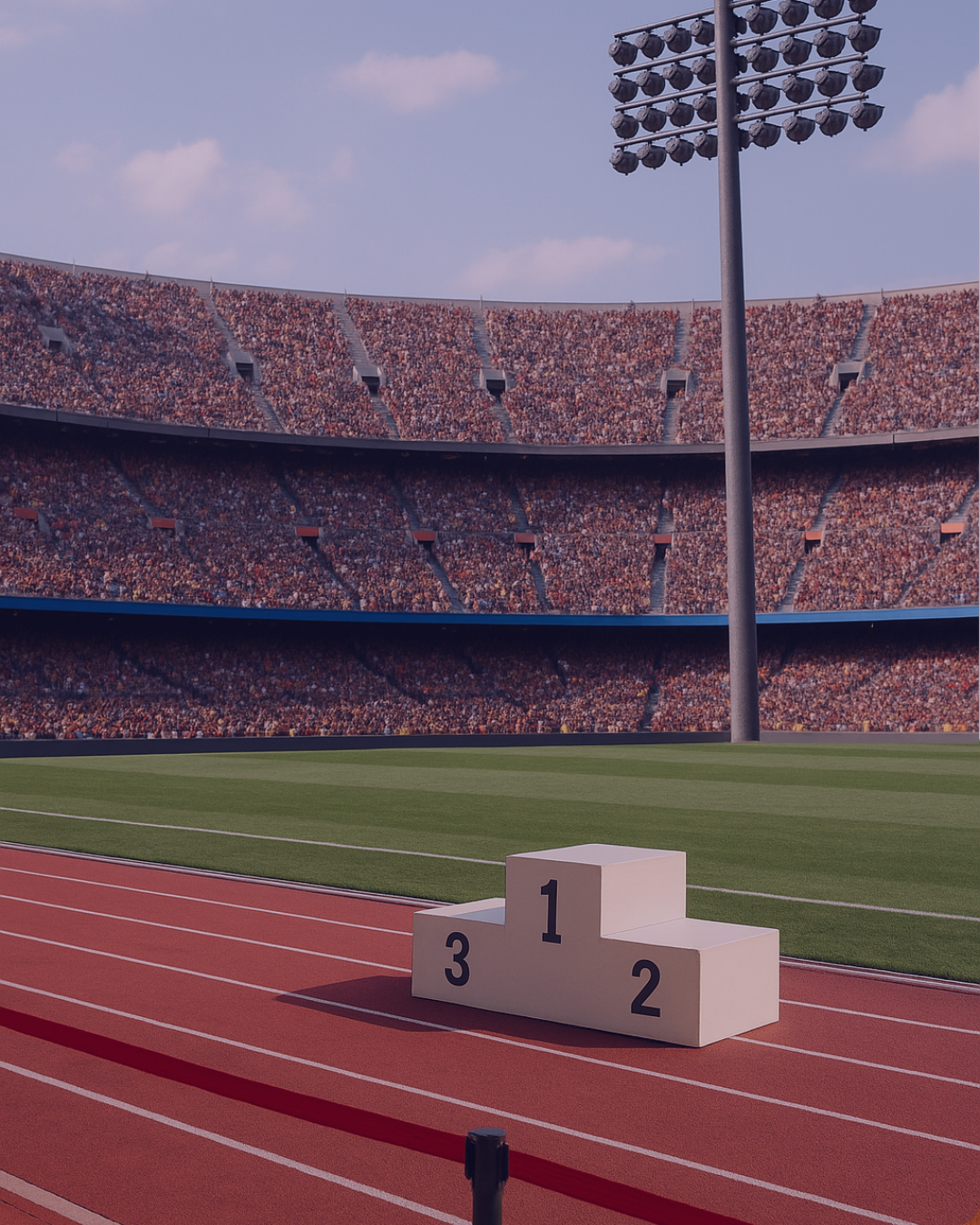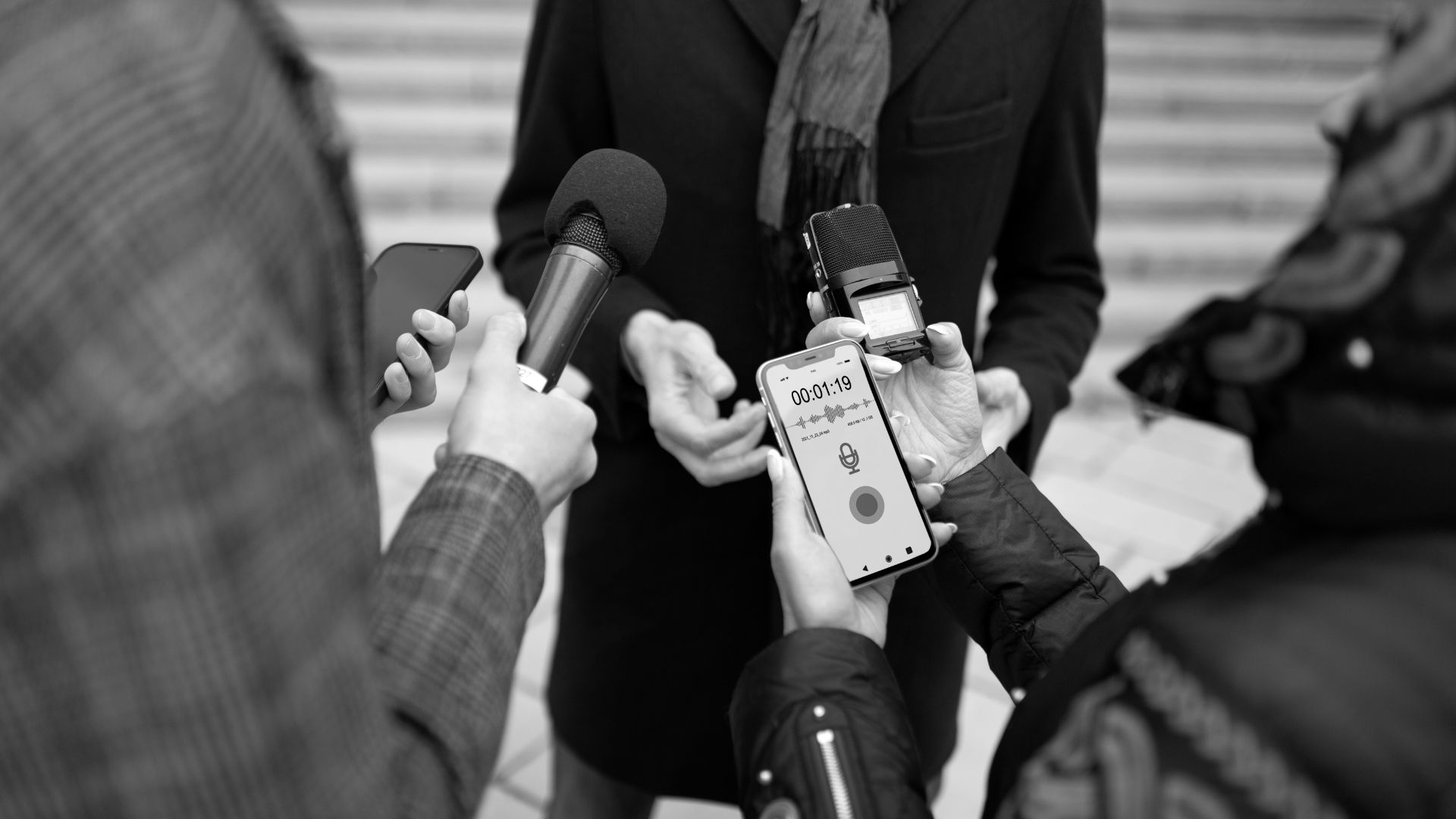- Games take place amid worsening human rights situation
- International community must not be complicit in sportswashing exercise
- IOC should better protect athletes’ rights following Peng Shuai case
The world must use the Beijing Winter Olympics and Paralympics as an opportunity to push for human rights improvements in China, Amnesty International said ahead of next month’s Games.
China’s capital will welcome athletes, officials and diplomats from around the world for the Games, which begin on 4 February. But the event will take place against a backdrop of myriad ongoing human rights violations in the country.
“The Beijing Olympic Games promise to be a memorable sporting spectacle, but the watching world cannot wilfully ignore what is happening elsewhere in China: the lawyers and activists imprisoned for their peaceful work; the sexual assault survivors punished for speaking up; the thousands estimated to be executed each year; the Muslim ethnic groups facing systematic mass internment, torture and persecution,” said Alkan Akad, Amnesty International’s China Researcher.
“The Games should not be used as a distraction from China’s appalling human rights record. On the contrary, they should be an opportunity to press China to address these issues.”
IOC should ensure promises are kept
The Chinese government made a series of assurances related to human rights ahead of hosting the Winter Olympics, including on respecting media freedom, labour rights, “displacement” and ensuring genuine opportunities for peaceful demonstrations during the Games.
Amnesty International is calling on the International Olympic Committee (IOC) to fully implement and publicly disclose its human rights due diligence policies and practices in the lead-up to, and during, the Games.
“The right to freedom of expression is systematically violated in China. That’s why it’s vital that the IOC and the various National Olympic Committees at the Games adequately respect athletes’ and sports officials’ wishes to speak out about human rights, including on issues deemed ‘sensitive’ by the authorities,” Alkan Akad said.
“The IOC must also insist that the Chinese government keeps its promise to guarantee media freedom, including unrestricted internet access for Chinese and international journalists, and ensure that people who want to peacefully protest during the Games are able to do so.”
Amnesty International urges government representatives, including those who plan to attend the Olympic Games, to place human rights at the top of the agenda in their discussions with Chinese authorities.
“The world must heed the lessons of Beijing 2008 Games, when Chinese government promises of human rights improvements never materialized,” Alkan Akad said.
“The Beijing Winter Olympics must not be allowed to pass as a mere sportswashing opportunity for the Chinese authorities, and the international community must not become complicit in a propaganda exercise.”
The peaceful activists detained in China
Ahead of the Games, Amnesty International has launched its ‘Free the Five’ campaign highlighting the plight of five Chinese activists among the many detained for exercising their rights to freedom of expression. They are: citizen journalist Zhang Zhan, Uyghur professor Ilham Tohti, labour rights activist Li Qiaochu, human rights lawyer Gao Zhisheng and Tibetan blogger Rinchen Tsultrim.
“The unjust imprisonment of these five peaceful activists is emblematic of the Chinese government’s intolerance of all opposing views, and its eagerness to punish dissent in the harshest possible terms,” Alkan Akad said.
“If the Chinese government wants to use the Olympics as a showcase for the country, it should start by releasing all those who have been prosecuted or detained solely for peacefully exercising their human rights.”
Athletes must be allowed to speak freely
The IOC has pledged – through its Safe Sport initiative – to support the rights of athletes and protect them from harassment and abuse “on and off the field”. However, the strict Covid-19 “bubble” imposed at Beijing 2022 will severely limit athletes’ freedom of movement in a way that could make it even more difficult for them to freely exercise their rights to freedom of expression and peaceful assembly.
Late last year, tennis player and three-time Olympian, Peng Shuai, made sexual assault allegations against a former Chinese Vice Premier in a social media post that was quickly censored in China. When reference to her was scrubbed from the internet and she disappeared from public view, fellow players and the Women’s Tennis Association expressed fears about Peng’s fate. Nearly three weeks after her post was censored, the IOC responded by arranging a video call with Peng in an attempt to ease concerns about her well-being and whereabouts.
“The IOC accepted assurances about Peng Shuai’s well-being without corroborating whether she experienced any limitations to her freedom of expression, freedom of movement and right to privacy, therefore running the risk of whitewashing possible violations of Peng Shuai’s human rights,” Alkan Akad said.
After heavy criticism, in December the IOC acknowledged “we can’t give assurances and don’t know the full facts”. They insisted that “all aspects of the case are being discussed with the Chinese side” and this would continue beyond the Games.
“Amid the severe restrictions in place at Beijing 2022, the IOC must do better at keeping its promise to protect athletes’ right to voice their opinions – and above all to ensure it is not complicit in any violations of athletes’ rights,” Alkan Akad said.
